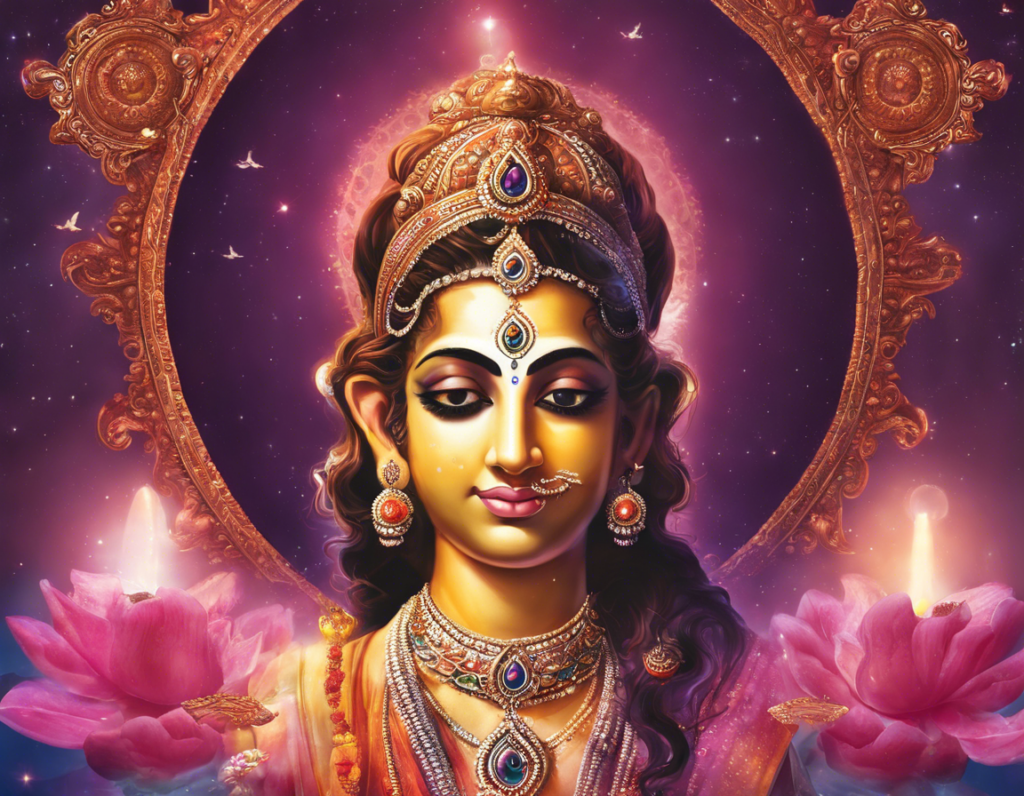Introduction
Ekadashi is a significant day for Hindus, as it is believed to be an auspicious day to worship Lord Vishnu. It falls on the eleventh day of each lunar fortnight, with two Ekadashi days occurring each month. Observing Ekadashi is considered an act of devotion that can bring spiritual benefits and help in attaining salvation. In October 2023, there are two Ekadashi dates to look out for, namely Papankusha Ekadashi and Rama Ekadashi.
Papankusha Ekadashi
Papankusha Ekadashi, also known as Padmanabha Ekadashi, falls on the 5th of October, 2023 (Thursday). This Ekadashi is dedicated to Lord Vishnu and is observed with fasting and prayers to seek forgiveness for sins and to attain spiritual purity. It is believed that observing Papankusha Ekadashi with devotion can cleanse the soul and lead to moksha (liberation).
Rama Ekadashi
Rama Ekadashi, also known as Rambha Ekadashi, falls on the 20th of October, 2023 (Friday). This Ekadashi is dedicated to Lord Rama, the seventh avatar of Lord Vishnu. Devotees observe fasting and offer prayers to seek blessings for a prosperous life and to overcome obstacles. It is believed that observing Rama Ekadashi with sincerity can bestow divine grace and protection.
How to Observe Ekadashi
-
Fasting: Devotees are expected to fast on Ekadashi days, abstaining from grains, beans, and certain vegetables. Some followers may also refrain from consuming water.
-
Prayers and Meditation: It is customary to offer prayers to Lord Vishnu or Lord Rama and engage in meditation to purify the mind and soul.
-
Charity: Giving to the needy and performing acts of charity are considered virtuous on Ekadashi, as they demonstrate compassion and generosity.
Significance of Ekadashi
Ekadashi is considered to be a day of spiritual significance in Hinduism for several reasons:
-
Purification: Fasting on Ekadashi is believed to cleanse the body and mind of impurities, promoting physical and spiritual well-being.
-
Devotional Practice: Observing Ekadashi is seen as a form of devotion and surrender to the divine, strengthening one’s relationship with God.
-
Merit and Blessings: It is believed that observing Ekadashi with sincerity can earn merit and blessings from the divine, leading to spiritual growth and fulfillment.
FAQs (Frequently Asked Questions)
1. Can I drink water while fasting on Ekadashi?
Yes, most people observe a waterless fast on Ekadashi, but some individuals choose to drink water to maintain hydration.
2. Are there any specific foods that can be consumed during Ekadashi fast?
Foods like fruits, nuts, dairy products, and specific grains like sama rice (barnyard millet) are commonly consumed during Ekadashi fasting.
3. Can pregnant or menstruating women observe Ekadashi fast?
Pregnant women and those menstruating are exempted from fasting on Ekadashi for health reasons. However, they can still participate in prayers and acts of devotion.
4. What time does Ekadashi fasting begin and end?
Ekadashi fasting typically begins at sunrise on the Ekadashi day and ends after sunrise on the following day.
5. Is it necessary to stay up all night on Ekadashi?
While staying up all night (jagran) is a common practice on Ekadashi, it is not mandatory. Devotees can engage in prayers and meditation according to their convenience.
6. Can children observe Ekadashi fasting?
Children are not usually expected to observe strict fasting on Ekadashi. However, they can be encouraged to participate in devotional activities and follow dietary restrictions to the extent possible.
7. Can Ekadashi be observed without a strict fast?
Yes, individuals with health conditions or other limitations can modify their fasting practice on Ekadashi by consuming light, sattvic (pure) foods and staying mindful of the spiritual aspect of the day.
8. Is there a specific time for performing prayers on Ekadashi?
While early morning and evening are considered auspicious times for prayers on Ekadashi, devotees can perform prayers at any time with sincerity and devotion.
9. Are there any specific mantras or prayers recommended for Ekadashi?
Reciting Vishnu Sahasranama, the Hare Krishna Maha Mantra, or other prayers dedicated to Lord Vishnu is considered auspicious on Ekadashi.
10. What is the significance of breaking the Ekadashi fast with specific foods?
Breaking the Ekadashi fast with specific foods like fruits, nuts, and grains is believed to be spiritually beneficial and aids in maintaining the purity of the body and mind after the fast.
Observing Ekadashi is a deeply spiritual practice that involves fasting, prayers, and acts of devotion. It is a time to seek divine grace, cleanse the soul, and strengthen one’s connection with the divine. By understanding the significance of Ekadashi and following the prescribed rituals with sincerity and reverence, devotees can experience spiritual growth and inner transformation.
